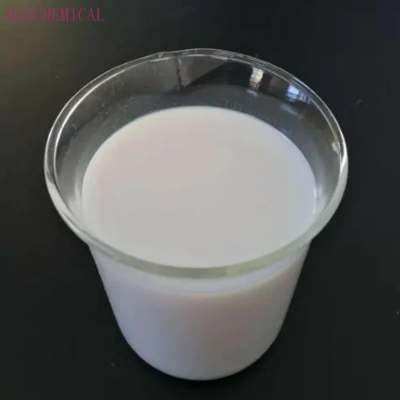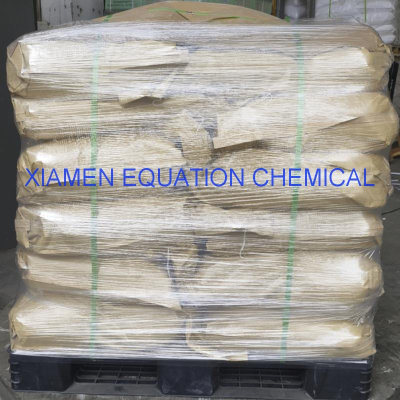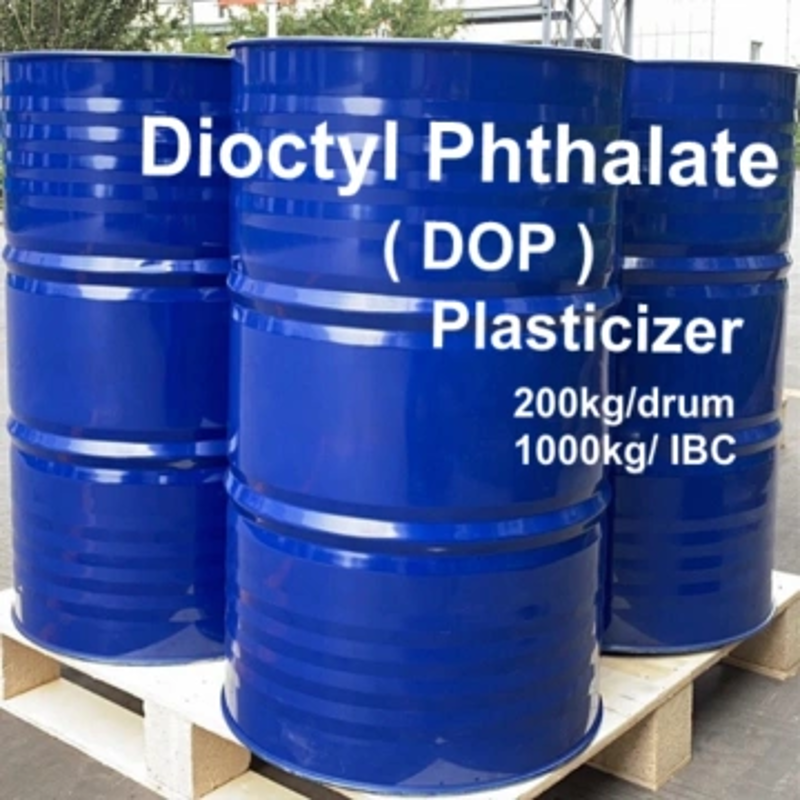-
Categories
-
Pharmaceutical Intermediates
-
Active Pharmaceutical Ingredients
-
Food Additives
- Industrial Coatings
- Agrochemicals
- Dyes and Pigments
- Surfactant
- Flavors and Fragrances
- Chemical Reagents
- Catalyst and Auxiliary
- Natural Products
- Inorganic Chemistry
-
Organic Chemistry
-
Biochemical Engineering
- Analytical Chemistry
-
Cosmetic Ingredient
- Water Treatment Chemical
-
Pharmaceutical Intermediates
Promotion
ECHEMI Mall
Wholesale
Weekly Price
Exhibition
News
-
Trade Service
Recently, the Ministry of the Environment (Ministry for the Environment) released the "National Plastics Action Plan" (National Plastics Action Plan), which outlines New Zealand's plastic waste response actions from 2021 to 2024, aiming to accelerate the transition to a low-carbon circular economy.
.
Highlights of the action plan are as follows:
(1) Regulated product management
.
The government has announced six priority products for regulation, including agricultural plastics and plastic packaging
.
The new regulations will increase the incentive to recycle these products and place the responsibility on producers to manage the end of the product's life cycle
.
The Department of Environment will work with stakeholders to co-design these regulated product stewardship options
.
(2) Potential container recycling programs
.
The Container Return Program encourages consumers and businesses to return beverage containers for recycling or refilling by including a refundable deposit in the purchase price
.
Refunds will be offered when consumers return empty containers to a recycling point
.
After the co-design process is complete, the Ministry of Environment advises ministers on the design of such schemes
.
(3) Roadside collection
.
The Ministry of Environment is developing a curbside recycling standardisation scheme to improve consistency, reduce occupant confusion, improve material quality and reduce surplus landfill
.
(4) Compostable packaging
.
The Department of Environment is preparing a position statement on the use of compostable packaging and will expand research to better understand the impact of compostable plastics on soils and the food chain
.
The Department of Environment will consider using overseas compostable packaging standards in New Zealand
.
(5) Phasing out single-use and difficult-to-recycle plastics
.
The government recently announced that it will phase out certain plastics by July 2025
.
These plastics often end up in landfills as waste and pollute the environment
.
Food and beverage packaging that is difficult to recycle comes primarily from polyvinyl chloride (PVC), polystyrene, and degradable plastics (such as those made from oxidatively or photodegradable plastics)
.
Single-use plastic items include beverage stirrers, cotton swabs, disposable produce bags, cutlery, plates and bowls, straws and fruit labels
.
(6) Plastics innovation fund and infrastructure investment
.
The government recently announced a $50 million Plastics Innovation Fund to support projects that reimagine how plastic is made, used and handled
.
The fund will be open for expressions of interest in November 2021
.
In addition, through the COVID-19 Response and Recovery Fund, the government has invested around $100 million in recycling infrastructure, including optical sorters to better separate plastics
.







